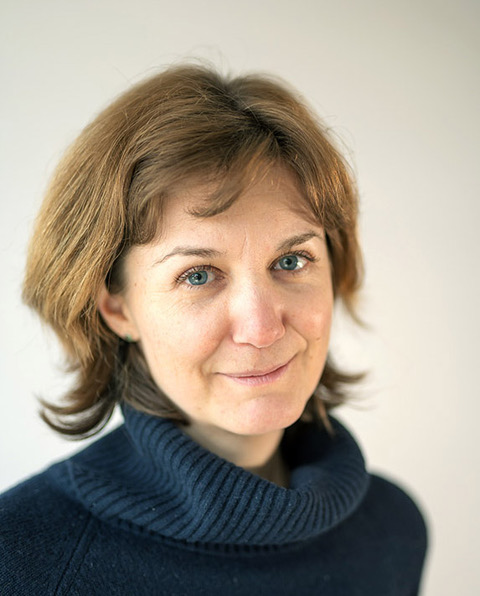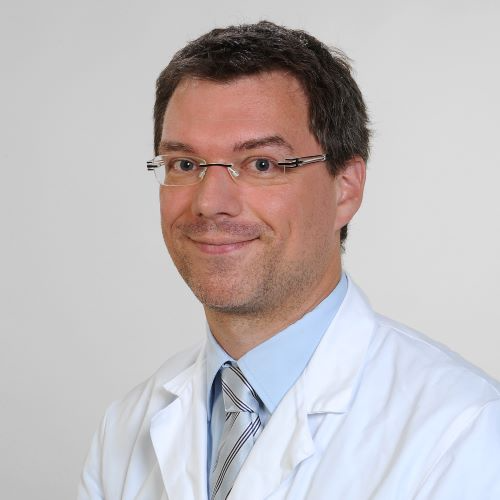Prof. Dr. Wanda Kukulski (Institute of Biochemistry and Molecular Medicine. University of Bern)
The research of Prof. Dr. Wanda Kukulski focuses on "Understanding membrane function, dynamics and architecture"
"Our current interests focus on the role of membrane architecture at contact sites between two organelles, and dynamic changes of mitochondrial membranes. Organelle contact sites are important for communication and exchange of molecules such as lipids and calcium. Mitochondrial architecture is critical for energy conversion as well as metabolism, and changes in the organisation of mitochondrial membranes are key aspects of many physiological processes, such as cell division or programmed cell death"


The title of her talk* will be:
"The architecture of organelle contact sites involved in lipid transfer" (please find the abstract below)
The cellular distribution of lipid molecules depends on membrane contact sites between organelles. Specifically localised proteins mediate contact formation and transfer of lipids. I will present my group’s work aiming to understand how the organisation and structure of organelle contact sites is linked to lipid transfer function. To this end, we combine correlative light and electron microscopy, cryo-electron tomography of vitreous cells, genetics, biochemistry and live cell imaging, in budding yeast and human cells.
*Sponsored by TransCure
Prof. Dr. med. Michael Scharl (University Hospital Zurich)
Prof. Michael Scharl is the head of research at the Department of Gastroenterology and Hepatology at USZ.
"With the help of our research, we want to contribute to a decisive improvement in the quality of life and therapeutic options for our patients. Our research is focused on the regulation of innate and adaptive immune responses in the intestine. Aberrant immune responses play a crucial role for the onset of chronic intestinal inflammation and more and more evidence demonstrates a pivotal role for dysregulated immune cell function in the pathogenesis of intestinal carcinomas. A further goal of our research is to investigate the complex interplay between the intestinal microbiota and the onset of colitis as well as colorectal cancer. We are aiming at understanding the functional mechanisms how intestinal bacteria can either promote or prevent the formation of intestinal tumours. The aim of our research is to gain a better understanding of the complex relationships between genetic predisposition, the influence of intestinal bacteria and an uncontrolled immune response to improve patient care".

The title of his talk will be:
"From cells, mice and to humans: translating today’s basic knowledge about protein tyrosine phosphatases into clinical approaches of tomorrow for treatment of intestinal inflammation and cancer" (please find the abstract below)
Protein tyrosine phosphatases, e.g. PTPN2 or PTPN22, have been associated with many chronic inflammatory and autoimmune diseases. We have identified their role in the pathophysiology of chronic intestinal inflammation and colorectal carcinoma using cell and mouse models of inflammation and cancer as well as by using a large number of human biosamples. Hereby, we not only unraveled the functional relevance of PTPN2 and PTPN22 for maintaining intestinal physiology and homeostasis, but also identified novel therapeutic approaches for the treatment of intestinal inflammation and cancer that will now face their translation towards the clinical setting